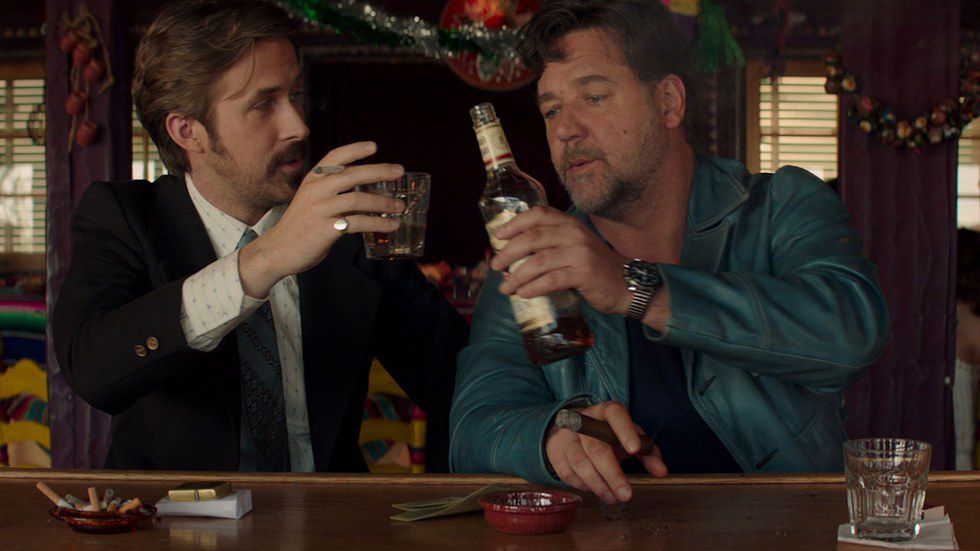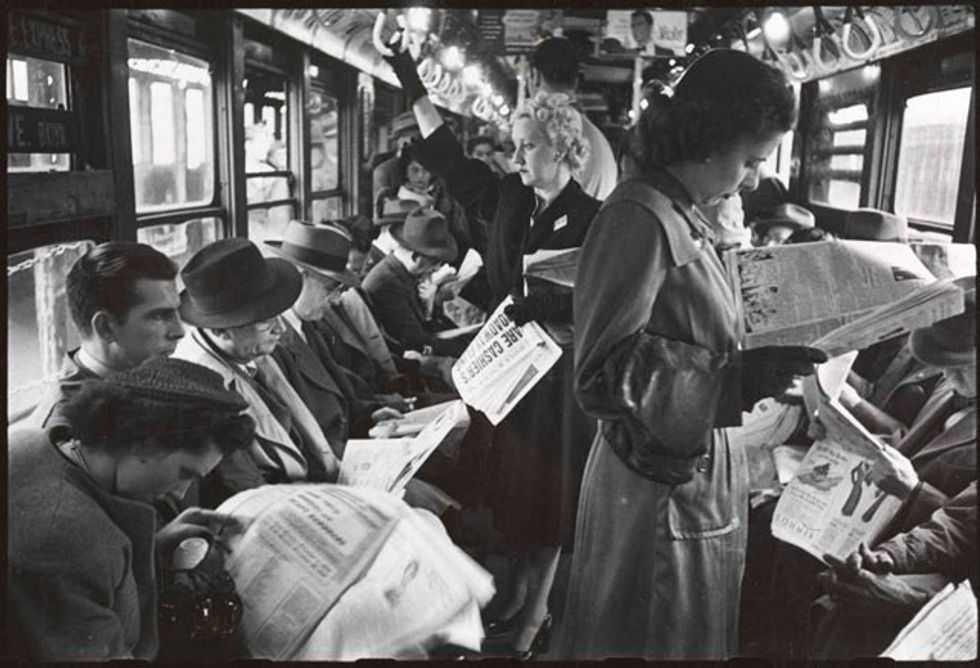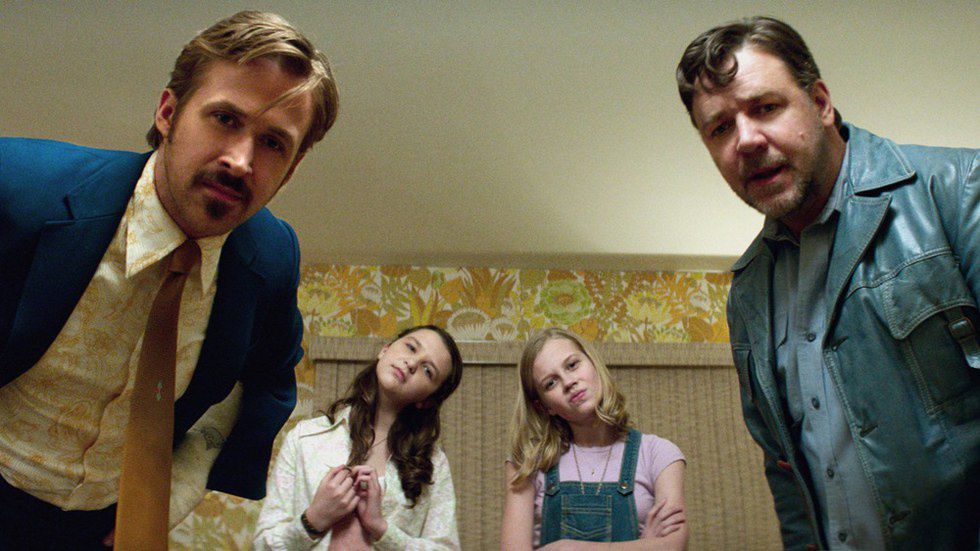Hearing older relatives or acquaintances say things like, “Back in my day…” or “When I was your age…” followed by some critique of the younger generation is not uncommon. Complaints levelled against millennials happen on a nearly constant basis that range from the way people dress to their over-reliance on technology. Is it fair or is it just the ramblings of the older generation that pines for their glory days?
This question came back into my mind after watching Shane’s Black’s newest film, The Nice Guys. In my mind, this film has one of the strongest arguments in helping to close the generational gap by displaying different perspectives of 1970’s Los Angeles and the impact that the city and its culture leaves on each character.
The Nice Guys drew me in immediately, boasting strong characters, witty writing and an undeniable charm that made me eager to watch the film again as soon as I left the theater. The tribute to classic upbeat old-school noire littered with poppy 70’s music proved so effective that I wound up buying the soundtrack on vinyl only a few days after watching the film. With the record came a note from Shane Black, the film’s director, discussing the importance of the film’s music as a representation of what people grew up with during the 70’s. Black states the music was critical to crafting the film’s genre and how people remembered that time period. When speaking of the film’s producer Joel Silver and his strong reaction to an Earth, Wind, and Fire song in the film, Black commented that, “the 70’s was my innocence – it was Joel’s coming of age.”
After reading that and seeing the film, Shane Black’s message about generational perceptions of different time periods stuck with me. I thought of different plot elements in The Nice Guys and how they affected the representation of society as a whole. Was it really so different from today? I don’t believe so. Yes, it’s fiction and it’s also the constrained viewpoint of a handful of filmmakers, but that’s precisely the problem that the film addresses. Many of the differences between generations prove to be circumstantial, brought on by advancements in technology and superficial pop culture shifts.
The film’s inclusion of a younger age group’s concern over things like smog and animal welfare draw parallels to today’s audiences and how complacency plays an important role in defining the lines between generations. In the film, the older generation distances themselves from various social fixations, embracing a kind of anthropocentricism that results from seeing too much of the world. The film’s lead characters demonstrate constant efforts to fight off a sense of existential failure, highlighted in their disenchantment with life in the city that has lost meaning and value. Shane Black’s Los Angeles is constantly portrayed as an overrun cesspool of violence and sexual depravity that the film’s leads want no part of.
In sharp contrast to this, Holly March, the young daughter of Ryan Gosling’s character, sees the city as a vessel for adventure and exploration. Throughout the film, it’s made evident that Holly does not maintain a view of L.A.as being dangerous, but wants to experience everything the city has to offer. The rest of the younger cast seem to the view Los Angeles in the same way, embracing parts of city life that Ryan Gosling and Russell Crowe constantly turn their backs on. It’s easy to see similarities between this and millennial culture today, illustrating the lack of any real change in behavior over time. It begs the question of if things really were ever better “back in the day…” or if past generations are stuck viewing the world through rose-tinted glasses. The strongest part of this argument is the fact that it results in the film’s leads being left to question whether they really are dissatisfied with how things have changed with the new generation, or if their criticism merely stems from the fact that the once glamorous city around them has lost its novelty.
This isn’t to say that the viewpoints of older age groups are wrong or invalid, but the fascination with aspects of the world that were once so bright are now dull and familiar to them. Another film I thought about after viewing The Nice Guys was the Coen Brother’s No Country for Old Men and how the violence and unhinged behavior viewed in that movie is often dismissed by its characters as the result of a younger generation slowly making the world a worse place to exist in. Initially this is a sentiment that the older characters echo in The Nice Guys, but the fact remains in both texts that despite what these men think, the world is not a worse or more dangerous place than it used to be. The world did not change, the men changed. As they grew up, they experienced more heartache and became exposed to more of their surroundings that slowly chipped away at their innocence. Films like The Nice Guys are careful not to favor one view over the other, but make an attempt to embrace the current culture surrounding today’s young people while encouraging them to be aware of themselves. In this way, younger people may be able to build their generation into something better and break the cycle of behavior passed down to each new age.
























 sunrise
StableDiffusion
sunrise
StableDiffusion
 bonfire friends
StableDiffusion
bonfire friends
StableDiffusion
 sadness
StableDiffusion
sadness
StableDiffusion

 purple skies
StableDiffusion
purple skies
StableDiffusion

 true love
StableDiffusion
true love
StableDiffusion
 My Cheerleader
StableDiffusion
My Cheerleader
StableDiffusion
 womans transformation to happiness and love
StableDiffusion
womans transformation to happiness and love
StableDiffusion
 future life together of adventures
StableDiffusion
future life together of adventures
StableDiffusion





















